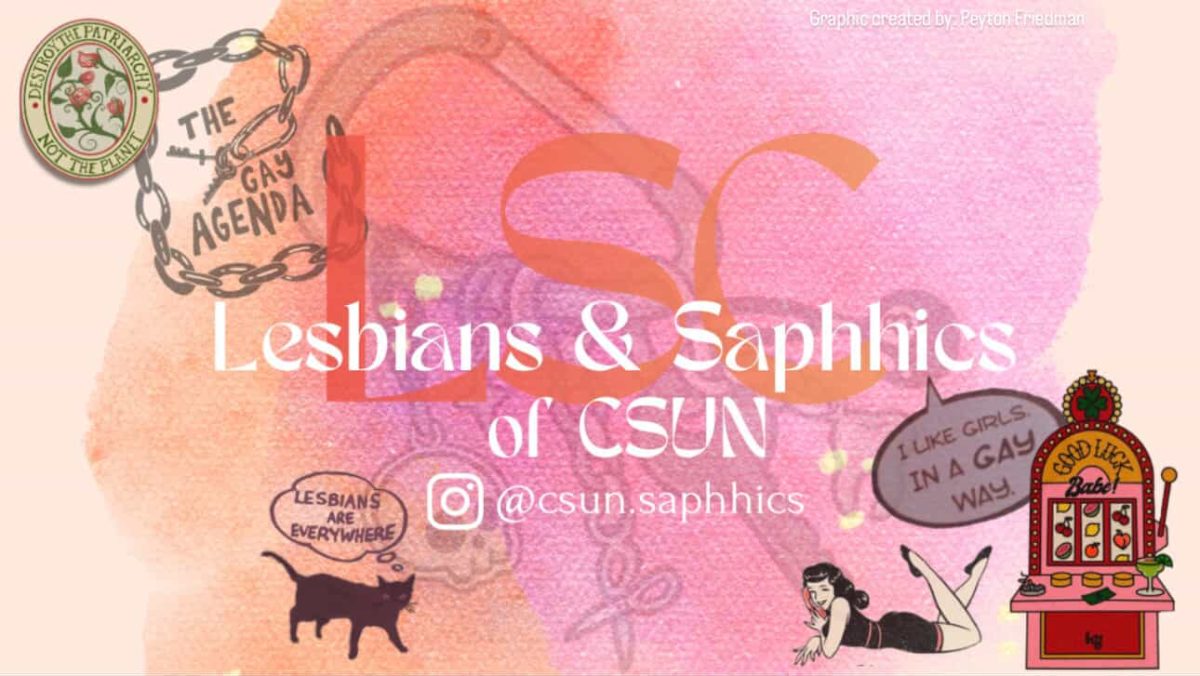Only a week after the economically unstable Greece was bailed out, CSUN’s Greek system has a bailout plan of their own.
On Wednesday, July 22, representatives of the Greek community and the CSUN New Member Intake Committee met at the Northridge Center in the University Student Union to discuss the proposal of new regulations which will allow the re-opening of Greek recruitment.
In the 2014 school year, the CSUN Greek system was plagued by a number of hazing incidents notably the death of Pi Kappa Phi pledge Armando Villa last July. The hazing incidents prompted a freeze on the CSUN Greek community requirement for Spring 2015.
“A team of staff and students in the Greek system have put together joint resolutions, which have allowed us to put a green light back on recruitment,” Dr. William Watkins, vice president of student affairs said. “We have emphasized the need for education, which is integral for long- term prevention.”
The guidelines underline the importance of education to the harmful effects of hazing and the expectations associated with being a Greek member on campus.
The new pledges will go through an online pre-recruitment program, helping them understand the risks incumbent on the hazing practice and CSUN’s expectations about pledging.
A Greek 102 course will be created in conjunction with the Greek 101 course, which is already in place.
According to the regulation proposal, the seminars are intended to “provide prevention education, teamwork, leadership skills and value-based community building experiences.”
Section Six of the new guidelines stipulate that 90 percent of active members within each Greek organization must attend the seminars before they may begin recruitment.
CSUN has accepted the regulations proposal, with the exception of the “retreat guidelines.”
“At this point in time there is a moratorium on sorority and fraternal retreats,” Interfraternity Council President Josh Stepakoff said. “This will continue until we get to a point when we can have absolute assurance that nothing bad will happen [on the retreats].”
Stepakoff recently returned from a retreat of his own at the Novak Institute for Hazing Prevention, alongside other members of the Interfraternity Council.
This trip undoubtedly influenced a lot of the recommendations, which Stepakoff helped to draft.
“We are taking a revolutionary approach to affecting positive change within the system,” Stepakoff said. “The Greek 102 seminar is going to allow the whole Greek community to interactively deal with issues and concerns that they may have.”
Many of these changes have been met with dismay from members of the Greek community who believe they are being unfairly persecuted by the regulations.
“I love being in a frat and I have never been involved in any hazing,” fraternity member Miguel Maldonado-Velasco said. “These changes are really big and sudden. They are going to affect fraternity traditions that have been around a long time.”
Watkins empathizes with these grievances, but he believes that the changes are necessary for the Greek community to grow.
“We understand that not all members of the community are perpetrators of these problems,” Watkins said.
He said that these changes will not infringe on the core values the organization claim to live by.
“Most of these organizations are already doing the right thing. We plan to build on this and keep our Greek community moving in that direction,” Watkins said. “The key elements of philanthropy and bonding will continue. We are eliminating things we do not need.”











